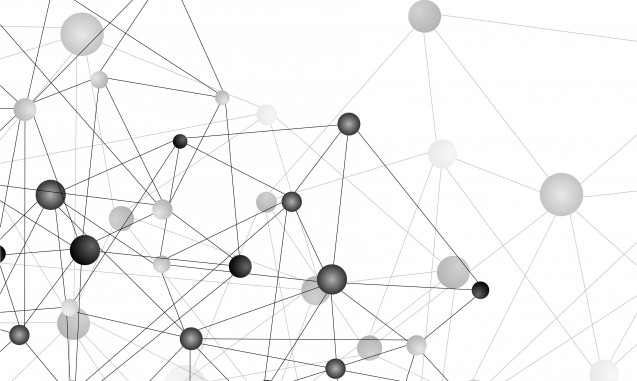Body sensors that can monitor our vital signs. Additional sensors that can simultaneously monitor our surroundings in order to detect potential risks. The data collected by this array of sensors are transmitted to a monitoring centre set up specifically to monitor the data and take action when an anomaly arises. Together, all these strands form a network whose aim is ultimately to make our lives easier, more comfortable and more secure. And in the process, it also makes our healthcare system more sustainable.
The European consortium at work on WSN4QoL (the Wireless Sensor Networks for Quality of Life project) is focused on delivering wireless sensor networks for use in healthcare in order to improve people’s quality of life. The system will enable certain patients to remain autonomous, letting them go on with their daily routines while being adequately monitored. The interaction between sensors and healthcare providers means that it will be possible to follow a patient’s condition at home, detect critical situations early and remotely manage a number of medical treatments.
A solution for managing chronic conditions and dependence
With the implementation of the technology, we can also ease the pressure on the public healthcare system caused by the gradual ageing of the population. As life expectancy rises, an increasing number of people are suffering chronic diseases and dependencies that require long-term treatments and ongoing monitoring. The use of sensor devices enables patients, therefore, to receive healthcare at home and avoid unnecessary hospitalization.
The method uses sensors attached to the patient’s body or inserted inside, recording activity. Additional sensors are installed in the patient’s immediate environment to record his movements. All the information collected by the sensors is sent to a coordinator who can receive the data, for example, on a smartphone. The coordinator is responsible for analysing the data and, if necessary, alerting the healthcare centre. In the marketplace, similar systems do exist, at least conceptually, but WSN4QoL has been created with the aim of overcoming the limitations of existing products and services and making advances in aspects like energy efficiency, low latency, data reliability and sensitivity to context.
The expectation is that we will ultimately see a improvement in the economic performance of available products and in the user experience
The project team is working on new algorithms that are more efficient and less complex in order to extend the life of the batteries in the sensors and other related devices so that they can work more autonomously. In addition, the team is exploring how to enhance the secure transmission of data to safeguard the confidentiality of medical information, and devising techniques for localizing patients that allow for maximum freedom of movement when they are wearing the sensor devices. Based on the protocols and algorithms that have been developed, the expectation is that we will ultimately see a striking improvement in the economic performance of available products and in the user experience.
WSN4QoL is a four-year project funded by the European Union. It is the outcome of cooperation between industry and academia, bringing together lecturers and researchers in the Department of Signal Theory and Communications at the Universitat Politècnica de Catalunya; Vidavo, a Greek SME that provides consulting and technical assistance in healthcare informatics; and West, a spin-off of the University of L’Aquila, in Italy, specializing in integrated networked wireless systems. The goal of the consortium is to contribute toward optimizing healthcare services through the development of new technology solutions that can effectively integrate informatics in the healthcare sector.

